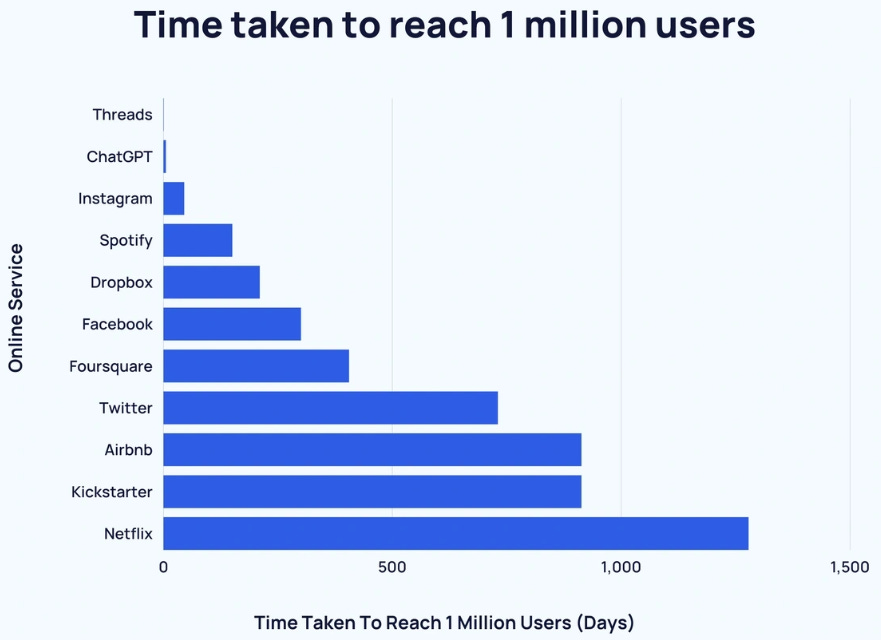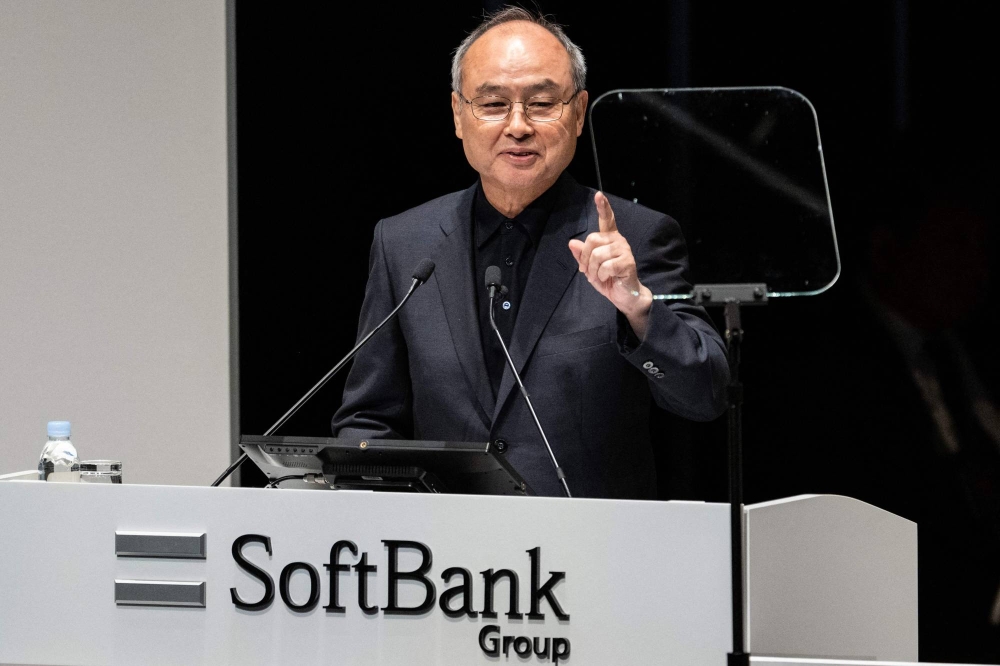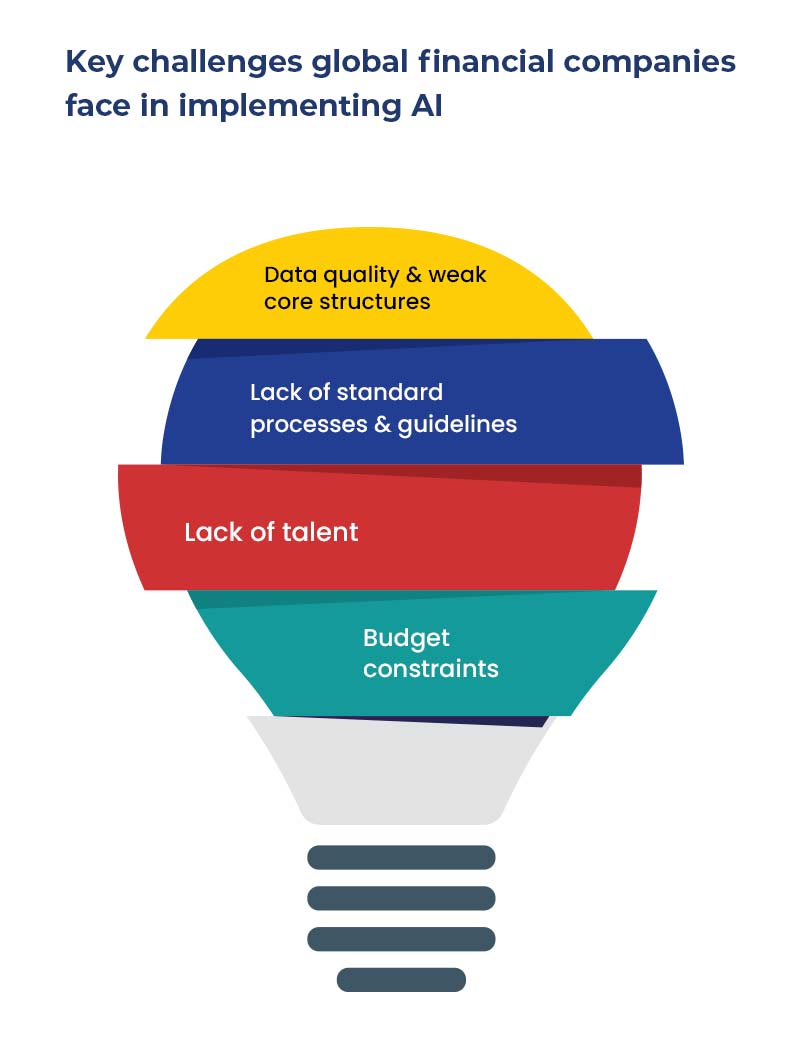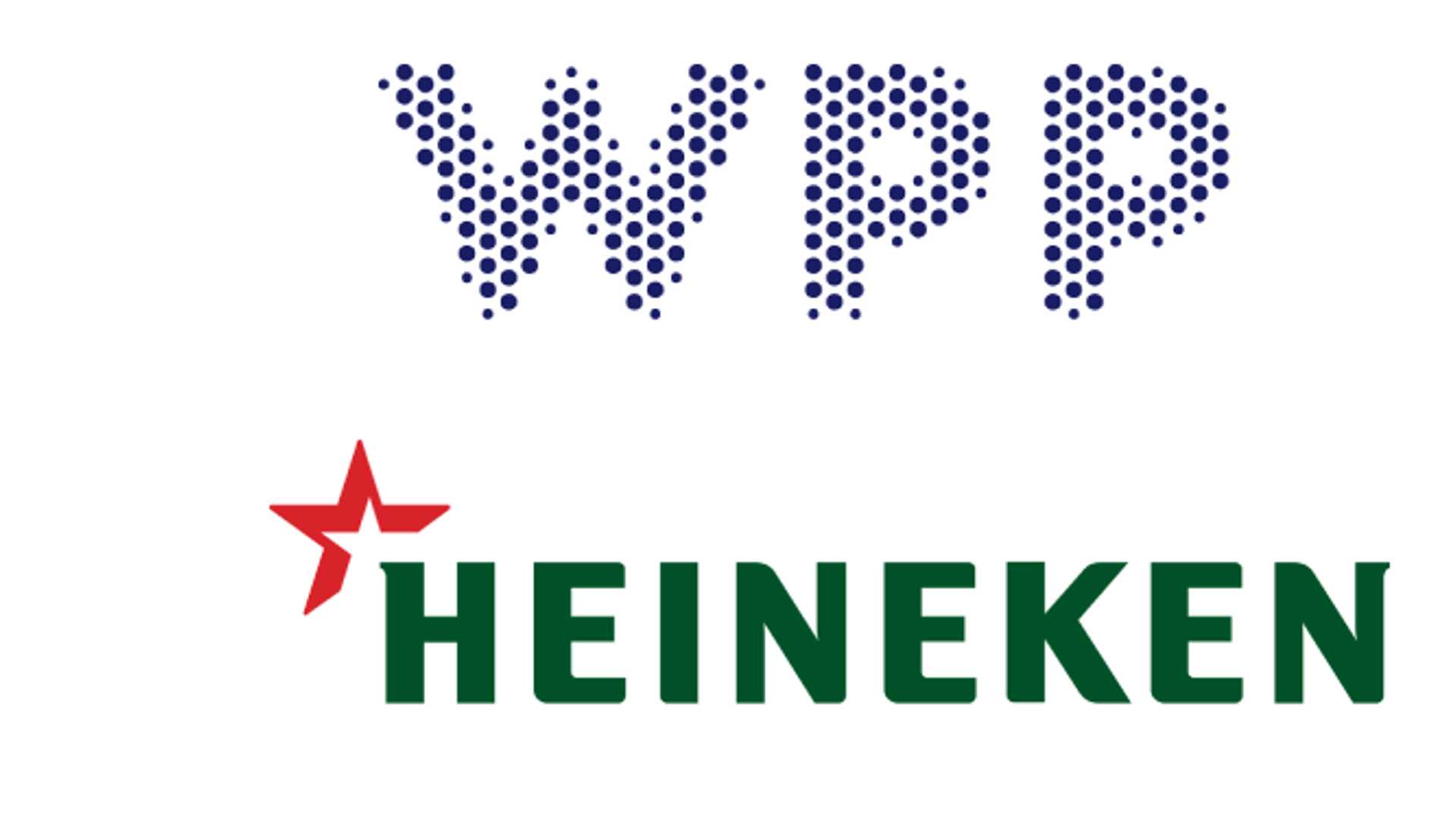This Week in AI: OpenAI, State Laws and Google Gemini
This week in AI saw significant developments in the industry. OpenAI, a prominent player in the field, is reportedly finalizing a record funding round of $40 billion. This round, led by SoftBank, would value OpenAI at $300 billion, reflecting the growing interest and investment in artificial intelligence.

While OpenAI has recorded impressive revenue numbers, projecting substantial growth in the coming years, the company does not expect to be cash-flow positive until 2029 due to high operational costs. Despite this, investors like SoftBank are showing confidence in OpenAI's long-term potential.
OpenAI's Mega Funding Round
OpenAI is on the verge of closing a historic $40 billion funding round, led by SoftBank and other prominent investors. This funding round is set to propel OpenAI to new heights in the AI industry, showcasing the growing importance of artificial intelligence technologies.
Other investors, including Magnetar Capital, Coatue Management, Founders Fund, and Altimeter Capital Management, are also in talks to join this record-breaking round, underlining the widespread interest in OpenAI's advancements.
SoftBank's AI Investments

In addition to its involvement with OpenAI, SoftBank is planning to invest $1 trillion in AI-powered robot factories in the U.S. This ambitious project aims to address labor shortages in the manufacturing sector by leveraging AI technologies to enhance efficiency and productivity.
SoftBank's investment in AI initiatives, including the Stargate project in collaboration with industry leaders like Oracle and MGX, underscores the company's commitment to driving innovation and technological advancement.
Challenges in AI Adoption in Financial Services
Financial services companies are facing challenges in adopting generative and agentic AI technologies, despite the potential benefits these solutions offer. Industry experts highlighted the slow pace of technology adoption in the financial sector, citing concerns around measuring the return on investment and the high costs associated with AI implementation.

While generative AI holds promise for streamlining processes within financial institutions, companies are still grappling with the practical implications and complexities of integrating these technologies into their operations.
State Regulations and Innovation in AI
State legislators are reevaluating their approach to regulating artificial intelligence, shifting towards a more innovation-centric stance compared to the risk-averse regulations seen in the EU. States like Virginia and Texas are moving away from stringent AI regulations to foster a more conducive environment for AI innovation and growth.

This shift in regulatory focus signals a recognition of the transformative potential of AI technologies and the importance of balancing innovation with regulatory oversight to drive progress in the industry.
Google's Latest AI Breakthrough: Gemini 2.5
Google has unveiled its most powerful generative AI model, Gemini 2.5, marking a significant milestone in the AI landscape. This cutting-edge model outperforms its competitors in industry benchmarks, showcasing Google's commitment to pushing the boundaries of AI capabilities.
Enterprises looking to leverage generative AI technologies can now explore the advanced features of Gemini 2.5, offering enhanced capabilities for developing custom applications and driving innovation in their respective industries.
With these developments shaping the AI landscape, the industry is poised for further growth and innovation as companies and policymakers navigate the evolving AI ecosystem.




















